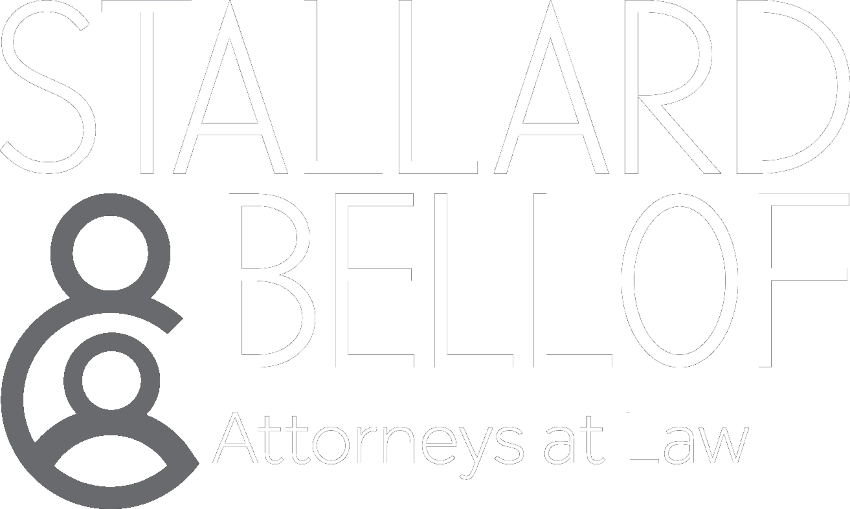In North Carolina, the recent legislative developments have raised concerns about the rights and well-being of LGBTQ+ community members, particularly transgender youth. The passage of HB808, which bans gender-affirming medical care for transgender individuals under 18, can be seen as discriminatory and detrimental to the mental health and overall health of transgender youth. While it’s essential to address the concerns of parents and healthcare professionals, these bills can have far-reaching implications. The proposed Parents’ Bill of Rights (SB 49) may enhance parental rights but also limit the autonomy and healthcare access of minors, potentially making it more challenging for transgender youth to receive the care they need.
These bills have sparked a significant debate around the government’s role in personal healthcare decisions, particularly for minors, and have raised questions about the consequences of such legislative actions. It’s crucial to consider the potential impact on the mental health of transgender youth who might face increased struggles, self-harm, and a sense of not being accepted. Furthermore, the legislation can censor students in educational settings and hinder their understanding of their own experiences, potentially leading to feelings of exclusion and isolation.
The ban on transgender youth in sports has also garnered attention, with concerns about creating an environment that excludes them from valuable learning experiences and personal growth. Ultimately, these bills have brought into focus the ethical dilemmas faced by medical practitioners and educators, who must weigh the needs of their patients and students against legal implications and potential penalties.
In a broader sense, these legislative actions may contribute to a less inclusive and accepting environment for LGBTQ+ individuals, and the mental health implications of these bills cannot be understated. It’s crucial to foster a supportive and inclusive atmosphere for all community members and ensure that the rights and well-being of transgender youth are protected and respected.
My Thoughts
To me, the recent bills in North Carolina have raised numerous red flags due to their potential legal and ethical implications, and I firmly believe that they pose a significant threat to individual rights and healthcare access. By prohibiting essential medical practices and treatments related to gender transition for minors, these bills effectively infringe upon the rights of transgender individuals to receive appropriate and necessary healthcare. This intrusion into the personal decisions of minors and their healthcare providers is deeply concerning and threatens the overall well-being of these vulnerable youth.
The exceptions for minors with certain genetic disorders of sexual development, while well-intentioned, may not adequately address the complex needs of affected individuals. These exceptions risk becoming arbitrary and failing to consider the unique circumstances of transgender minors.
The severe penalties imposed on medical professionals who engage in practices prohibited by the bill, along with restrictions on healthcare providers receiving state funds, create a hostile environment that may discourage healthcare professionals from providing necessary care. This ultimately undermines the doctor-patient relationship and compromises the ethical principles of healthcare.
The bills may indeed trigger constitutional concerns and legal challenges, as they infringe on individual rights and personal autonomy. Furthermore, the potential precedent they set for other states is profoundly worrisome and threatens to roll back hard-fought progress in transgender rights.
The mental health consequences of these bills cannot be ignored. Restricting access to gender-affirming care for transgender minors can have devastating effects, leading to feelings of isolation, self-harm, and increased suicide risk. These are consequences no one should take lightly.
The argument that these bills protect minors from making irreversible decisions must be weighed against the very real and harmful impacts they have on the well-being of transgender youth. It’s vital that we prioritize the rights and needs of these vulnerable individuals in the face of such legislation.
Much like a parent ensuring their child with diabetes receives insulin to manage their condition, we should prioritize the healthcare and well-being of transgender youth. Just as a government intervention that restricts access to insulin would be a cause for concern, the recent legislative developments in North Carolina, such as HB808 and SB 49, present a worrisome intrusion into the healthcare decisions of minors and their providers.
Both situations involve essential healthcare access and the importance of individual rights in medical choices. It’s a stark reminder that the autonomy of parents and healthcare providers is paramount in ensuring the best care for their children, whether it’s managing diabetes or addressing the unique needs of transgender youth.
According to recent studies, individuals who have accessed gender-affirming hormones or puberty blockers report significantly improved mental health outcomes. Specifically, there’s a striking 60% reduction in the odds of experiencing depression and an even more substantial 73% decrease in the likelihood of self-harm or suicidal ideation among this group.
These statistics not only underscore the importance of supportive treatments in the journey of gender transition but also highlight the life-saving potential of such medical interventions. Access to gender-affirming care, therefore, is not merely a matter of personal growth and identity affirmation but a crucial cornerstone of mental health and safety for many within the transgender community.
As North Carolina’s legal landscape evolves, it is crucial that we remain vigilant and actively engage in advocacy efforts to counteract the detrimental effects of these bills. To those who may be affected, my recommendation is to stay informed, join advocacy groups, and participate in the democratic process to ensure your voices are heard in the fight against these harmful measures.

Carolyn Bellof
Carolyn Bellof is a Certified Family Law Specialist in North Carolina. She brings empathy and a personal understanding of loss and resilience to her clients, ensuring their legal needs are protected during emotionally challenging family law proceedings.
At Stallard and Bellof Law, we stand for equality and a safe, non-discriminatory environment for all. Our doors are open to assist anyone, regardless of race, gender identity, sex, or sexual preference. Your rights matter to us, and we're here to provide the support and guidance you need. Join us in building a more inclusive future.

















